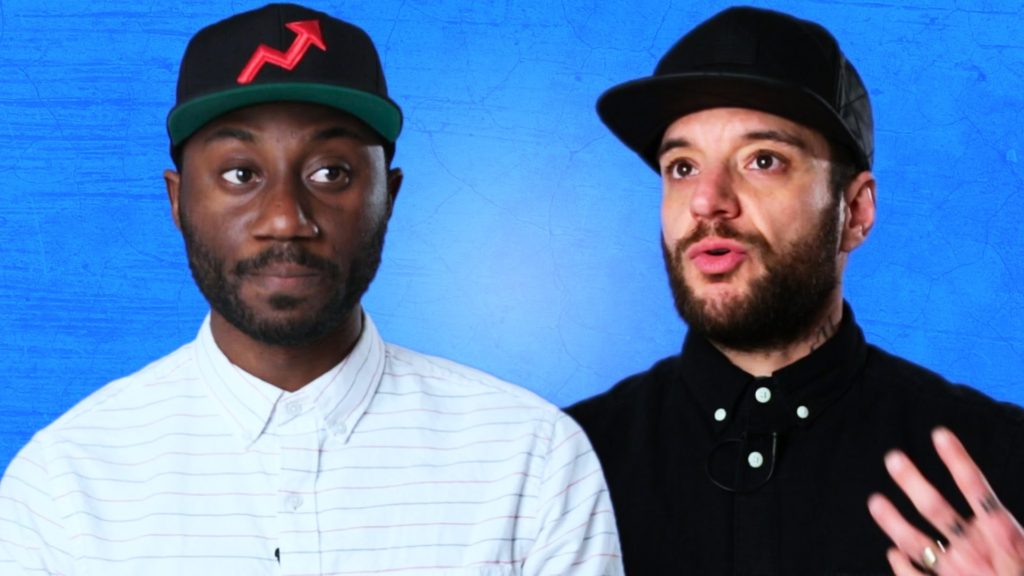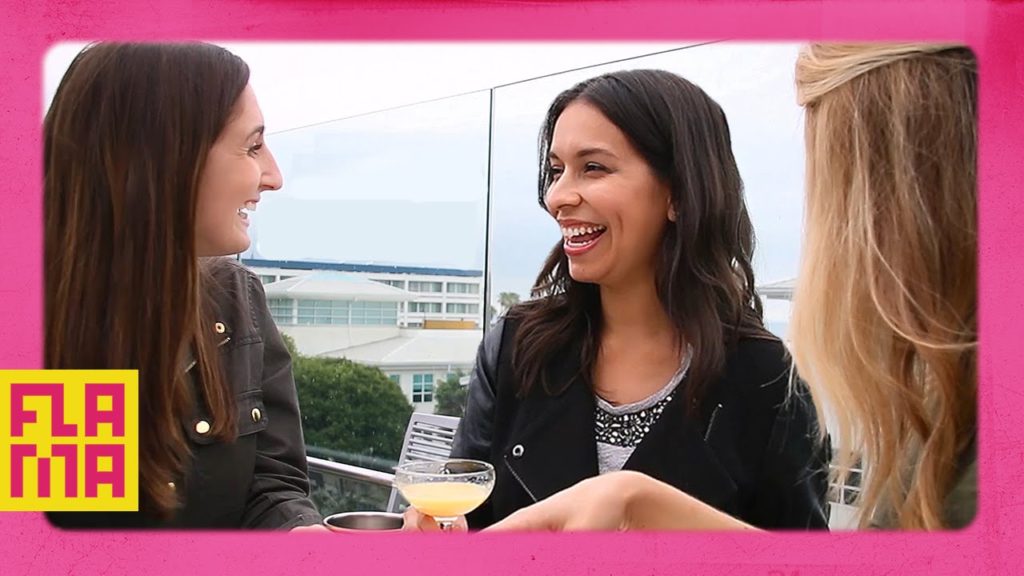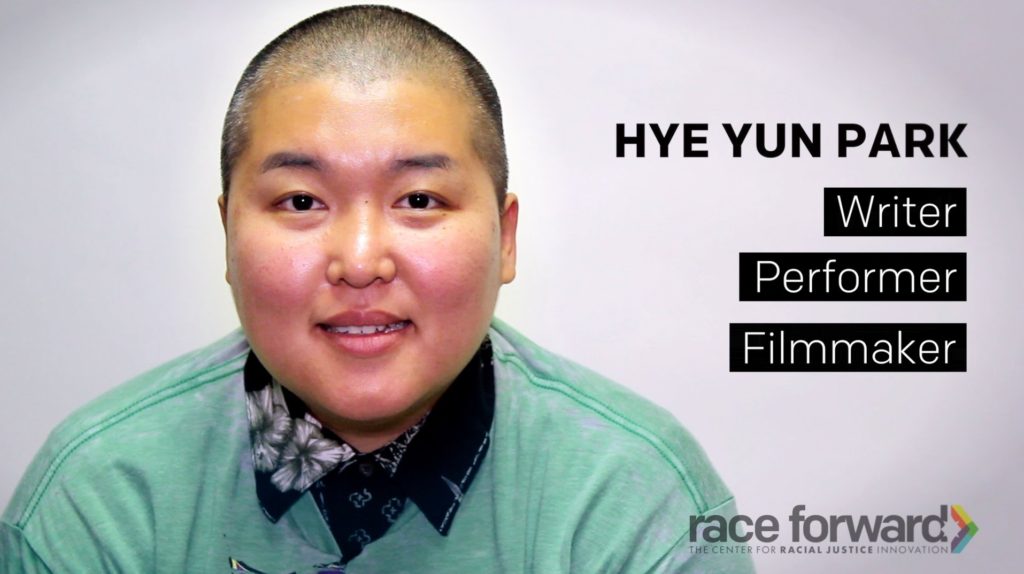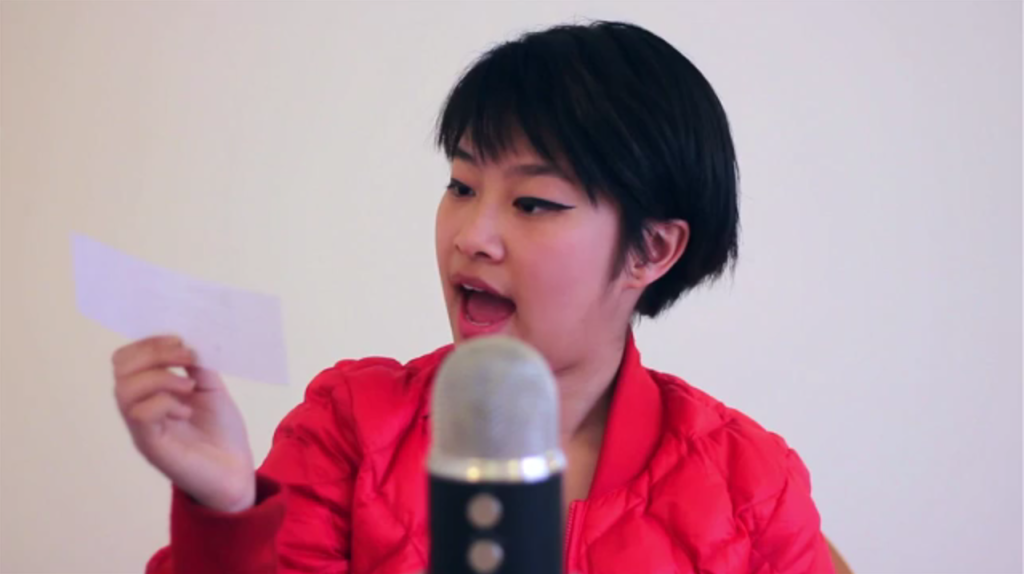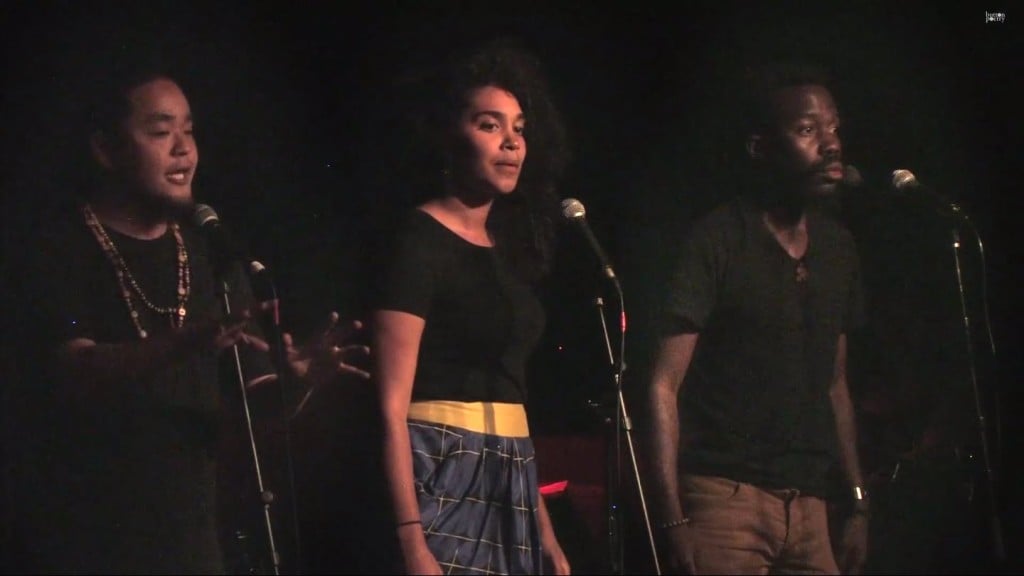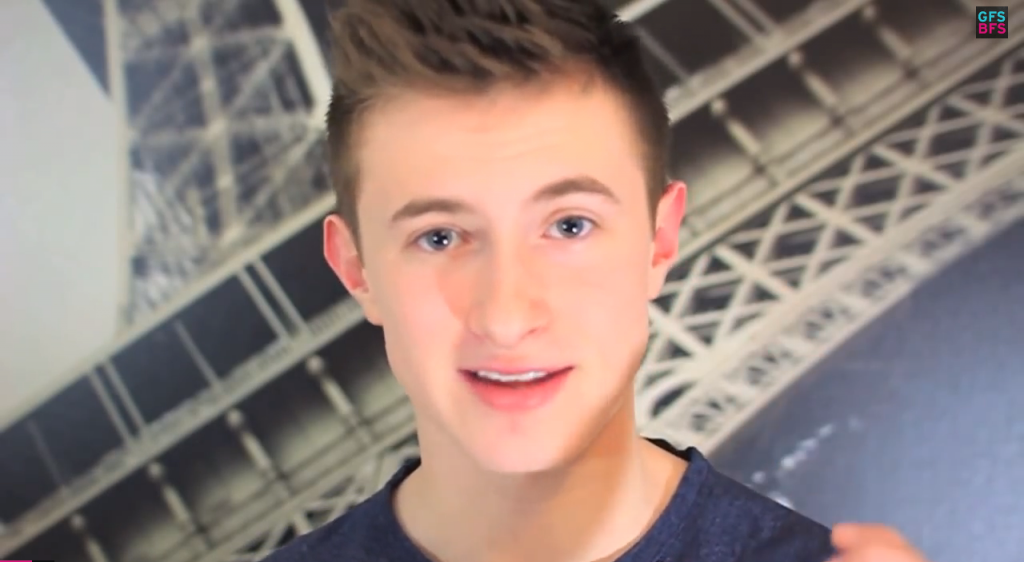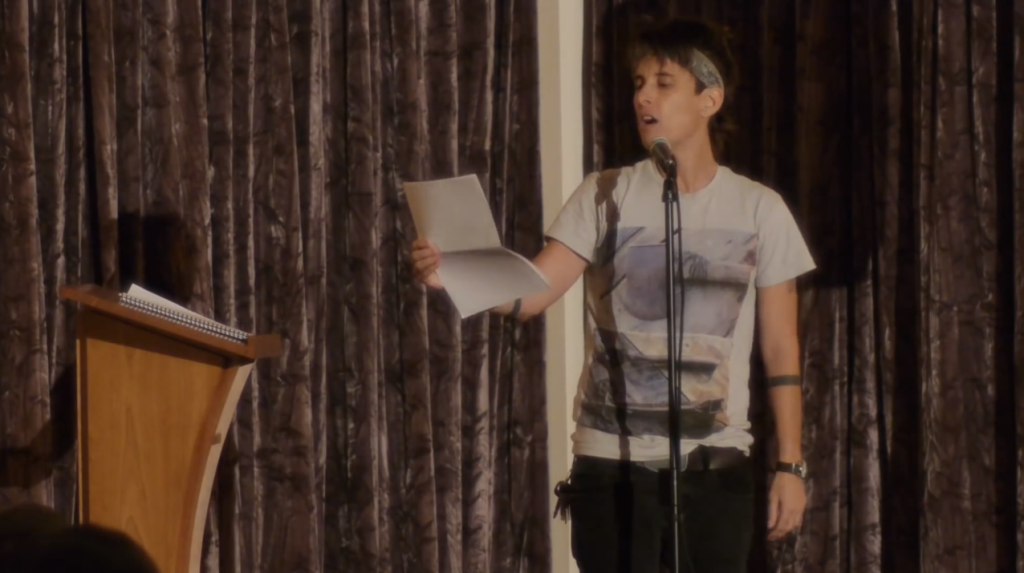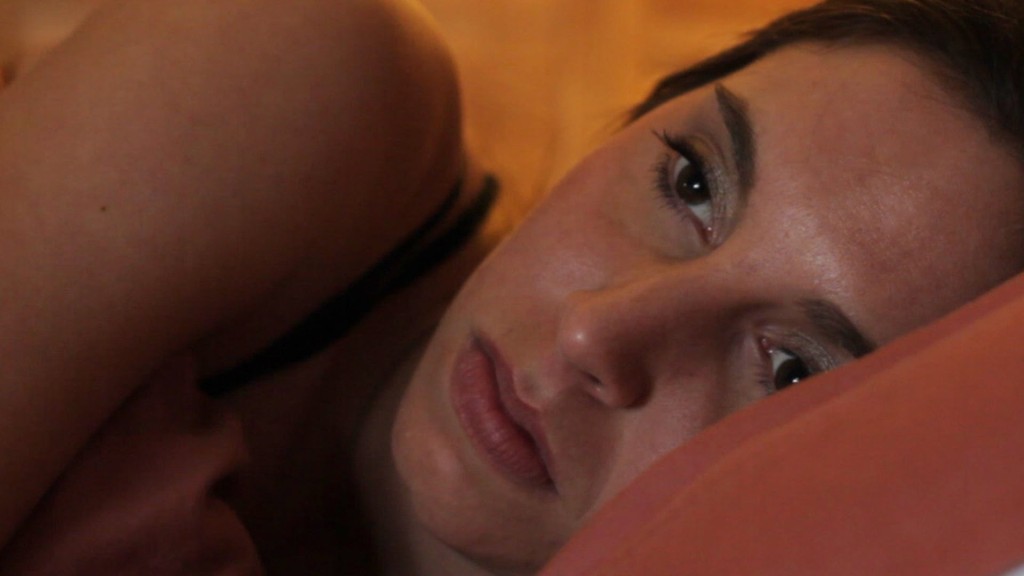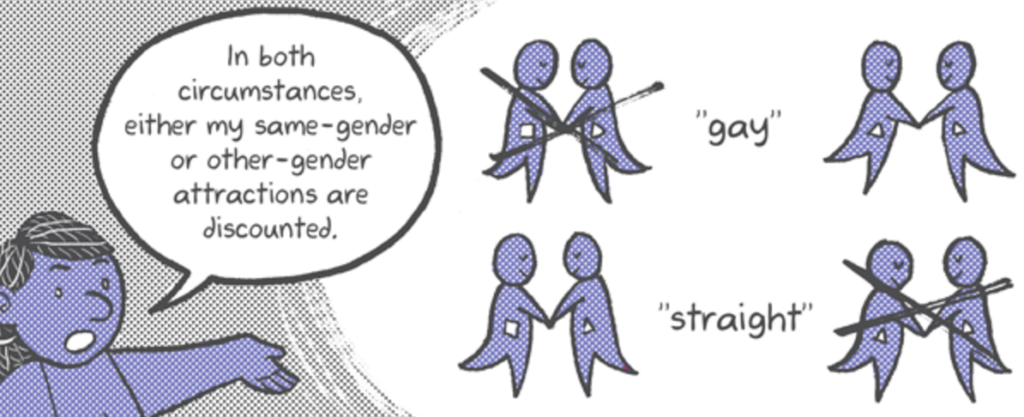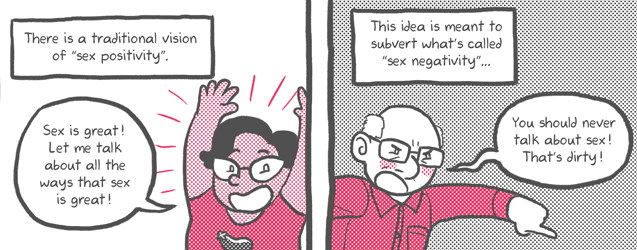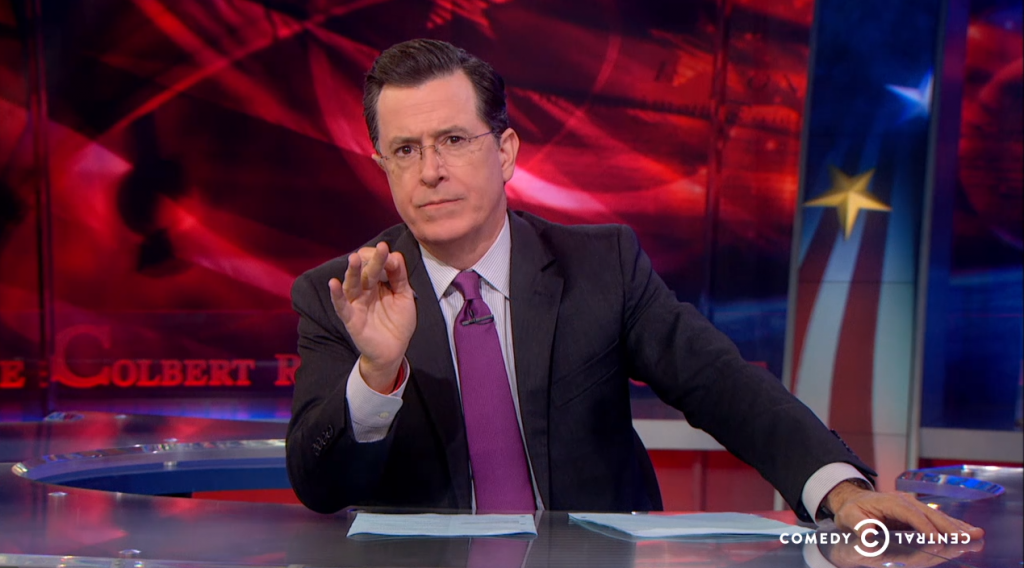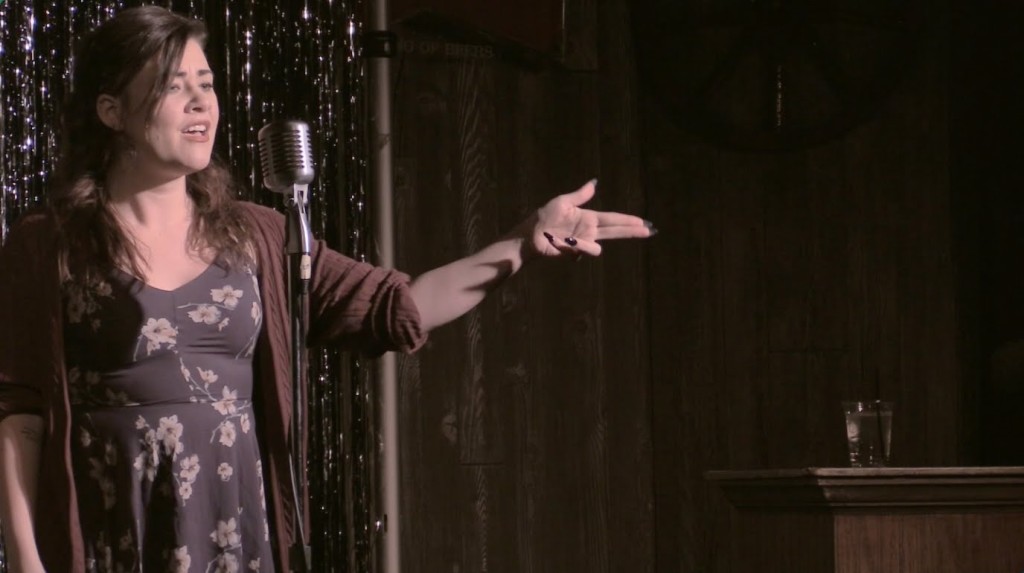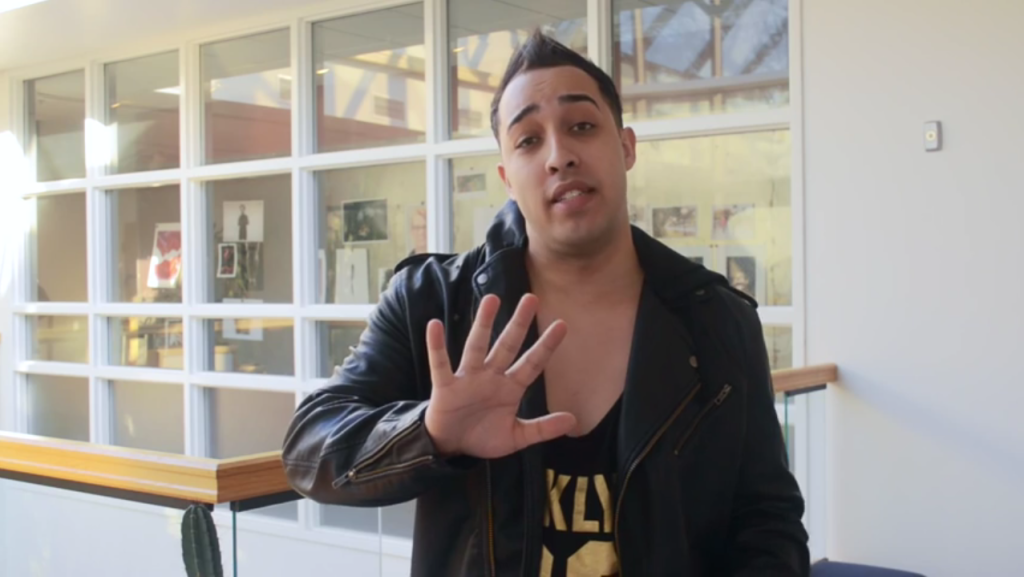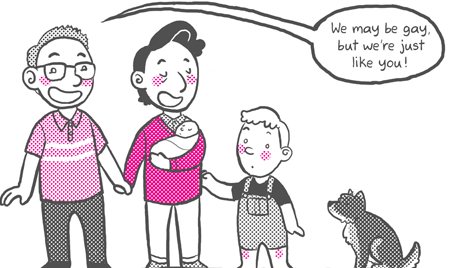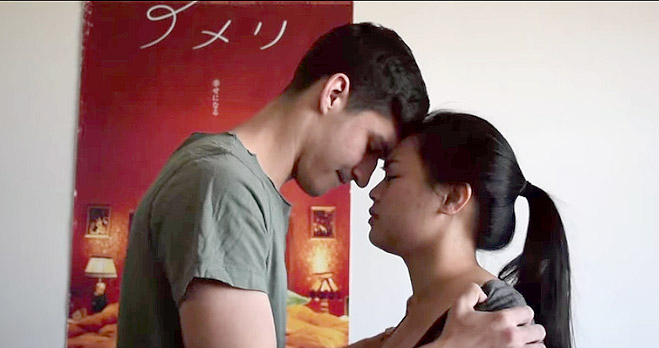Search results for: pregnant women
Men Reveal Insecurities in Their Masculinity That We’ve Been Taught to Ignore
“I’ve always felt like a man, but I’m not sure I’ve always been like a ‘manly man.’” These testimonies are so moving – and so necessary.
Read MoreThe Awkward Struggles of Being Latina and Meeting New People
“How do you say ‘you’re hot’ in Spanish?” Know what it’s like to meet new people as a Latina? These hilariously awful situations capture it all.
Read MoreAsian, Happily Fat, and Genderqueer: Being an Artist at These Intersections
“No one in this world is just one thing.” Race, body, gender – how do these identities affect your life? Performer Hye Yun Park has a great answer.
Read MoreSh*t People Tweet About Asians in the Media
Seriously, what makes people think it’s okay to say these things? And what can we learn from this?
Read MoreWatch These 3 Amazing Poets Fight Assimilation Just By Talking About Their Names
“My name wasn’t given to me. It was given to the rest of the country.” You’ll never see a name as just a name after you witness this unforgettable, prize-winning performance.
Read More10 Trans Guy Myths Busted
There are a lot of misconceptions about what it means to be a trans guy — everything from conflating it with sexuality (“All trans guys are just super lesbians”) to misunderstanding that trans is not necessarily defined physically (“You aren’t really trans until you start hormone treatment”). Arielle Scarcella and Benton Sorensen team up to bust some of these myths!
Read MoreAndrea Gibson Performs ‘Privilege Is Never Having to Think About It’
There comes a moment when we are all confronted with our own privilege. And yes, it can be very challenging to accept and acknowledge this privilege — but the way we react when confronted says a lot about us. Check out this poem by Andrea Gibson about a moment when fellow poet Sonya Renee called them out for their white privilege and about how they reacted.
Read MoreIf You Really “Love You Some Indians,” Stop Exploiting Our Heritage!
In this spoken word poem, Rowie Shebala explores the painful irony of how the American public and media consumes mass-produced stereotypes of Indigenous identity for frivolity, while disregarding the actual people striving to survive the continuing trauma that colonization and capitalism built. This poem demands that we address and change our oppressive behavior.
Read MoreRace Matters: A Story About White Privilege
How can we better understand white privilege and use this knowledge to make the world better for everyone? To this day, so many conversations about [white] privilege are rendered futile because of an inability to accept that our society systematically uplifts some individuals while marginalizing others. Too often, there is a stubborn refusal to accept…
Read MoreOne Woman Opens Up About What It’s Like to Have Endometriosis
“I felt like I had to make up for the fact that I was broken.” Do you have endometriosis or know anyone who does? We hope sharing this video on life with this painful disorder helps break the silence.
Read MoreThink Bisexual People Have Straight Passing Privilege? Here’s Why You’re Mistaken
Do bisexual people have “passing privilege” if they’re perceived as straight? You might think so, but this comic shows why that’s a harmful assumption to make.
Read More5 Barriers Making It Harder to Get Mental Health Care If You’re Not White
It’s hard enough to get mental health care in the US – but do you know why it’s even harder for people of color? These experts share essential information about what’s getting in the way.
Read MoreHow to Grow Your Daily Practice as a Feminist
The work of being a feminist doesn’t stop once we claim to be feminists. Years of socialization will not suddenly vanish from one’s mind or way of knowing and experiencing the world. So it’s important we be honest with ourselves about messages we’ve internalized, recognize our privilege, and question our assumptions in order to practice an inclusive, accountable, and progressive feminism.
Read MoreWho We’re Leaving Out of Sex Positivity – And How to Make It More Inclusive
You’re probably familiar with the traditional vision of “sex positivity” – talking about all the ways that sex can be great. But do you know who’s being left out? This comic shows how we can make a change.
Read MoreImprisoning People for Being Poor Isn’t ‘Justice’ — Except in America
The US justice system is flawed in many ways: disproportionately imprisoning minorities, dealing out harsher sentences for drug possession than rape, violation of international standards of decency. The list goes on. Watch Stephen Colbert expertly explain another flaw with the American justice system: the criminalization of poverty.
Read MoreYour Guide to Shutting Down Your Friends’ Sexist Jokes
When you’re with your friends and someone makes a sexist joke and everyone laughs along, it can be easier to accept it, rather than make a point about it, right? We’ve all been there. But it’s these kinds of casual jokes in the everyday language that we use that subtly help feed a culture of sexism – and we want to stop that. So here’s Hannah Witton with some ideas on how.
Read MoreDon’t Let Anyone Tell You Teenage Girls Are Incapable – Here’s Proof of Just How Powerful They Can Be
“You don’t have to grow up to find greatness. You’re so much stronger than the world has ever told you.”
Read MoreAre You Dating Someone Who’s Bisexual? Check These 5 Assumptions
Dating bisexual people comes with unique challenges, only because of the assumptions that we often make about bisexuality. Watch this video and check yourself.
Read MoreHow Saying ‘We’re Just Like You’ Works Against the Queer Community
Does it really help LGBTQIA+ people to say that “we’re just like” cis and straight people? This comic reveals what people miss – and who they hurt – when they think they’re helping.
Read MoreI Confused Love and Abuse Until I Refused To Be a Casualty of His War
One of the most dangerous aspects of abusive relationships is that perpetrators convince their partners that the abuse is a sign of love. And that can be a difficult spell to break. This short film follows the story of a poet named Lucy who delivers a spoken word piece about the subtle ways that abuse began to dominate her relationship — and how she broke free.
Read More

